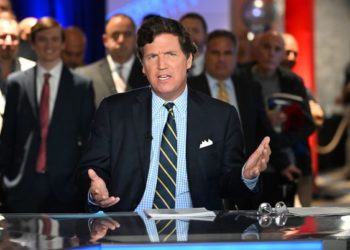In many ways, Christmas as an adult is like Groundhog Day. You roll out of bed far earlier than you’d prefer, and for the most part, the 12 hours that follow are a comforting, but largely predictable rerun, of Christmases past: presents, shower, walk, food, sofa, TV. The same terrible TV.
Speaking of which, “Love Actually” is back early this year. This week, ABC aired a sit-down with the cast and Diane Sawyer to reflect on 20 years of the omnipresent Christmas classic. The cast offered their answers to the infernal question, “Love actually is…?” and Hugh Grant reiterated his disgust at that dance scene. Richard Curtis exhibited some remorse for the film’s lack of diversity, but none for the movie’s suggestion that a prime minister removing a member of staff who’s been a victim of sexual harrassment is actually very romantic, as long as they later hunt that person down and hijack a school nativity to make out with them.
The casual observer might wonder what fresh ground such a special might have hoped to cover. Twenty years deep into its monopoly over Christmas viewing, “Love Actually” has already been picked apart from every angle, both by lovers of its cloying charms and by people like me.
Per usual though, wherever “Love Actually” surfaces, it’s a symptom of a bigger problem. In this instance, it’s a simple one: Hollywood won’t quit mining our collective nostalgia and invests so heavily in revisiting the same, tired material that fresh movies and shows get overshadowed.












